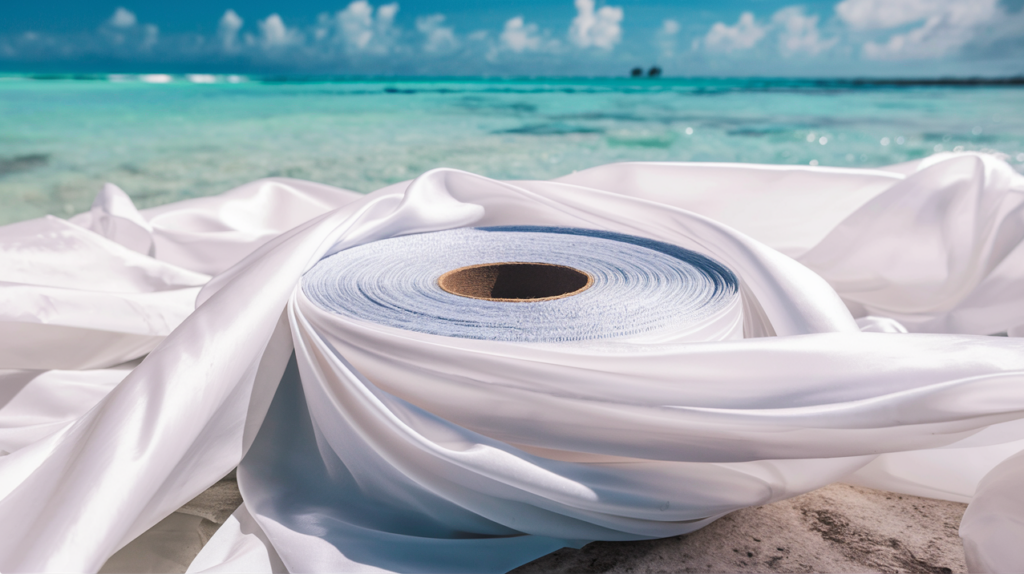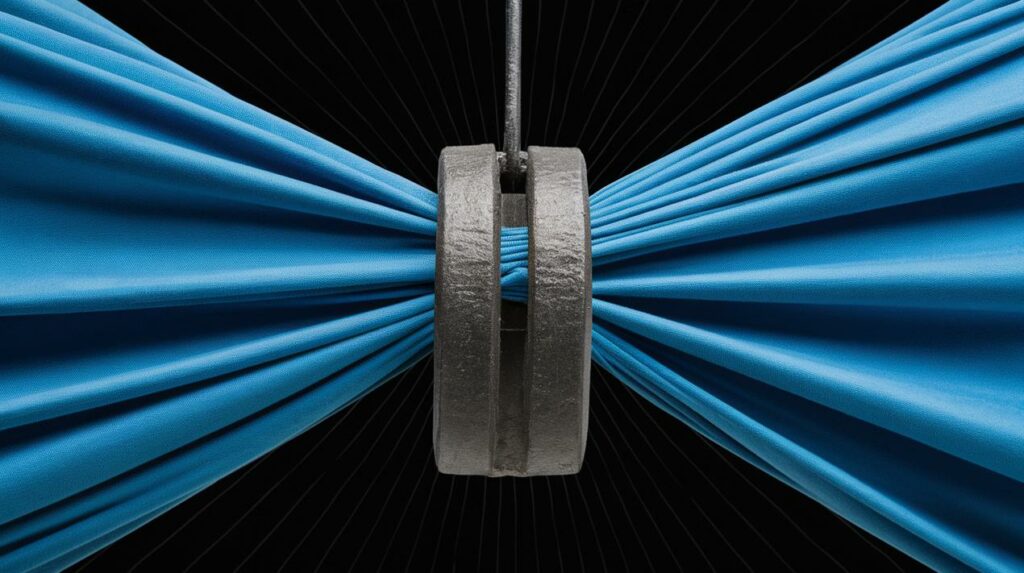Discover the Future of Sustainable Fabric with Bio-Based Polyester

In an era where sustainability is no longer an option but a necessity, manufacturers and fabric distributors are constantly seeking innovative solutions to reduce their environmental footprint. Enter bio-based polyster — a revolutionary approach to fabric production that combines natural, renewable resources with cutting-edge technology. Mogul, a leader in this field, offers a diverse range of sustainable bio-based polyester fabric options designed to meet the increasing demand for eco-friendly materials.
What Are Bio-Based Polyester Nonwovens?

Bio-based nonwovens are fabrics made from natural, renewable resources such as viscose, lyocell, cotton, bamboo, and PLA (polylactic acid). These materials are biodegradable and have a significantly lower environmental impact compared to traditional synthetic fabrics. Mogul has taken this innovation a step further by introducing two new products to their already expansive range.
Key Benefits of Bio-Based Polyester Nonwovens

1. Sustainability for Recycled Polyester Fabrics
Mogul’s bio-based polyester is specifically designed to biodegrade in environments where most plastics accumulate—landfills and ocean water. Independent testing has shown that this material reaches 93.8% biodegradation in just 646 days when exposed to an accelerated landfill environment (ASTM D5511). At the end of this period, no trace of plastic remains, leaving behind only natural, carbon-based elements. Even better, the soil left behind remains perfectly suitable for plant growth.
The latest ACS.org studies explore the advantages of biobased thermoplastics, specifically PLA, PBS, and BioHDPE, for use in nonwoven fabrics designed for face masks and PPE.
Industry findings reveal that PLA not only demonstrates superior processability but also serves as an excellent alternative to fossil-based polymers. By adopting biobased materials like PLA, we can effectively tackle plastic waste and pollution challenges. This research highlights the potential of biobased polyesters in creating sustainable fabric solutions, showcasing their lower environmental impact and versatility across various processing techniques.
2. Bio-Based Polyester Fabrics Retain Strength

Mogul offers nonwoven biodegradable polyester fabrics ranging from 30 gsm to 200 gsm in both parallel and cross production lines. This versatility allows for a wide range of applications, from lightweight disposable products to durable, reusable items. Additionally, the Bio-fabrics are as strong and durable as those made from virgin polyester, ensuring that performance and quality are never compromised.
3. Reduced Environmental Impact of Nonwoven Manufacturing

Using recycled materials like Repreve, a brand of recycled polyester by Unifi, Mogul produces fabrics that offer the same high-quality performance as virgin polyester but with up to 35% less waste and a 20% reduction in carbon dioxide emissions. This helps to significantly lower the overall environmental impact of fabric production.
4. Support for Circular Economy of Recycled Fabrics
Mogul’s commitment to sustainability extends beyond just using renewable resources. We also offer circular recycled products that help to close the loop on fabric production. By incorporating recycled materials into our fabrics, Mogul supports a circular economy that reduces waste and promotes the reuse of materials.
Mogul Leading the Way in Sustainable Nonwoven Bio-Based Polyester Fabrics

The shift towards sustainable nonwvnen fabric production is not just a trend; it’s a necessity for the future of our planet. Bio-based polyester nonwovens offer a viable solution that combines the best of both worlds—high performance and low environmental impact.
By choosing Mogul’s bio-based polyester nonwovens, you’re not only enhancing your product’s sustainability but also contributing to a less plastic-polluted world. Ready to make the switch? Contact Us to learn more about how Mogul can help you integrate these innovative fabrics into your production line.
Ready to transform your fabric sourcing? Contact Mogul today to explore their range of bio-based nonwovens and discover how you can make a positive impact on both your business and the environment.


